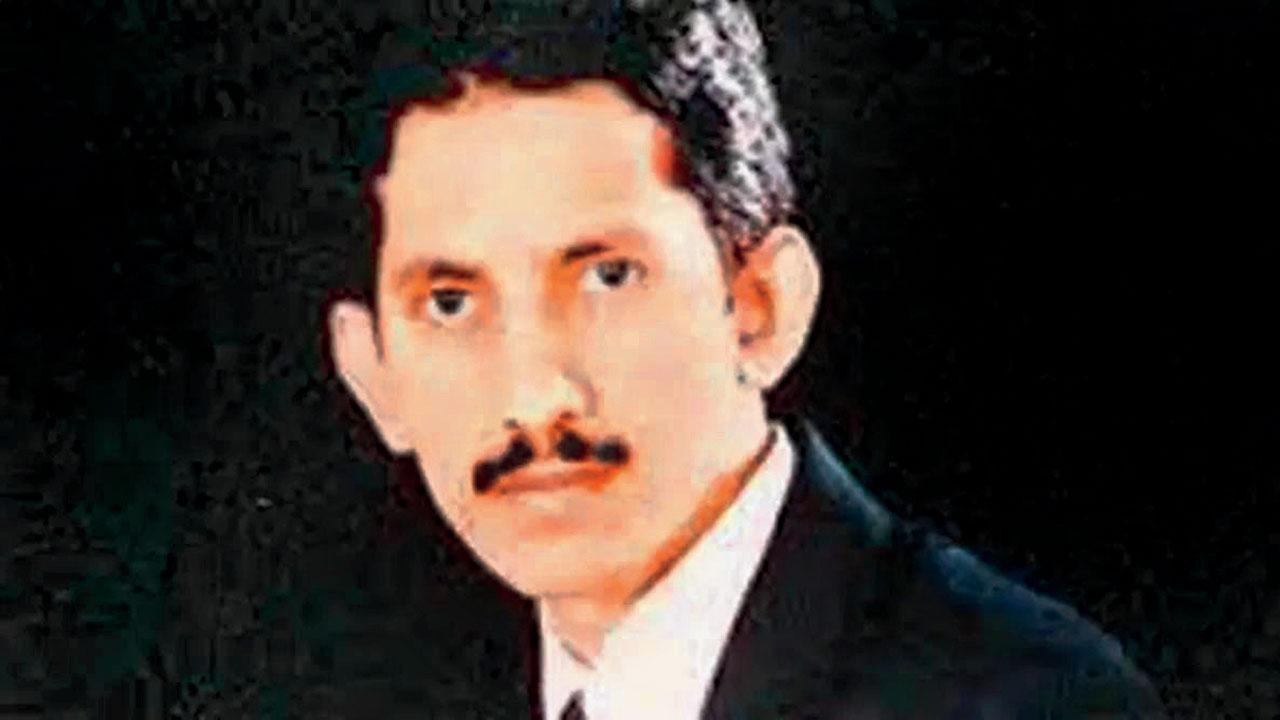Khwaja Yunus case: To add or not to add

The question of whether four policemen who had allegedly tortured 27-year-old IT engineer Khwaja Yunus in January 2003, should be arraigned as additional accused will be decided after two months. The Bombay High Court deferred the matter after hearing arguments from senior advocate Mihir Desai, appearing on behalf of Yunus’s mother Asiya Begum, and Maharashtra’s Advocate General (AG) Birendra Saraf.
Yunus was arrested for the December 2002 Ghatkopar Bomb Blast case in which two people were killed. While he was said to have ‘disappeared’’ while being taken by the police to Aurangabad on January 6, 2003, his co-accused were all either discharged or acquitted.
The trial in his custodial death case had come to a standstill after the first witness had testified in January 2018 to having seen four policemen assault Yunus till he collapsed inside Ghatkopar police station. Dhiraj Mirajkar, the then special PP, had filed an application that these four be added as accused. These were ACP (retired) Praful Bhosale, senior inspector Rajaram Vhanmane and inspectors Hemant Desai and Ashok Khot. Before it could be decided, Mirajkar was removed as Special PP.
Also Read: 19 years on, another twist stuns Khwaja Yunus’s mother
In September last, the trial court allowed the new Special PP, Pradeep Gharat, to withdraw the application. It also dismissed Asiya Begum’s application opposing this withdrawal, saying she had no right to do so. She then appealed against this decision in the high court.
In the high court, the AG argued that the withdrawal only meant that the application to arraign four policemen as additional accused need not be made at this stage of the trial, when only the first witness had testified. The court could decide on adding them at a later stage, depending on the evidence brought before it.
Arguing in reply, senior advocate Mihir Desai representing Asiya Begum, expressed the apprehension that two other witnesses who had also seen Yunus being tortured inside Ghatkopar police station may not be called as witnesses at all by the prosecution. This would result in the evidence of Yunus’s alleged custodial death not being brought before the court, except by the first eyewitness.
Tracing the history of the two-decade-long proceedings, Desai pointed out that there were two versions of Yunus’s death. One was that he was killed while being taken to Aurangabad from Powai, by then ASI Sachin Vaze and three other policemen Rajendra Tiwari, Rajaram Nikam and Sunil Desai, who are currently accused in the case.
The alternative version was that Yunus was tortured inside Ghatkopar police station resulting in his death. Then the evidence was destroyed by Vaze and his co-accused policemen, when they were taking him to Aurangabad. This alternative version came out in the testimony of the first witness, Dr Abdul Mateen, who like Yunus, was an accused in the Ghatkopar bomb blast case.
According to Desai, another co-accused Zahir had also told the POTA court, which had ordered an inquiry into Yunus’s disappearance, that he had seen Yunus being tortured. Zahir is currently on the list of prosecution witnesses.
However, the AG felt that this apprehension was “presumptuous’’. Even if Zahir wasn’t called as witness by the prosecution, the court could summon him, he said. After hearing extensive arguments, Justice R G Avachat decided to defer the matter for two months. It now remains to be seen which witnesses are called by the prosecution in that time.

Atul Tiwari is a seasoned journalist at Mumbai Times, specializing in city news, culture, and human-interest stories. With a knack for uncovering compelling narratives, Atul brings Mumbai’s vibrant spirit to life through his writing.





